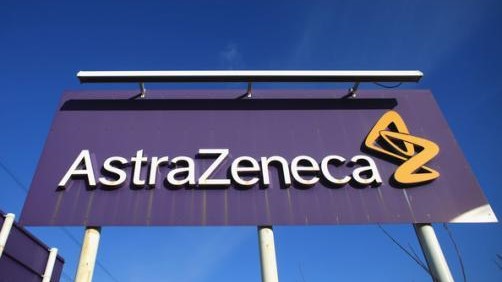AZ's potassium drug Lokelma finally approved in US

AstraZeneca badly needs new drugs on the market as several former blockbusters have been hit by generic competition – and finally its high potassium treatment Lokelma has been approved by US regulators.
The drug, a highly selective potassium-removing agent, has been approved at the third time of asking by the FDA, which had been concerned about issues at its manufacturing plant in Texas.
European regulators approved the drug formerly known as ZS-9 in March after their concerns over the issues were resolved, and after two previous rejections the US regulator is also satisfied with the technical arrangements at the facility.
AZ gained rights to the drug after buying ZS Pharma in 2015 for $2.7 billion and is designed to treat hyperkalaemia, where high potassium levels threaten kidney and heart function.
Lokelma (sodium zirconium cyclosilicate) will compete with Vifor Pharma group member Relypsa’s rival Veltassa (patiromer), which has been on the market for a few years in the US and Europe.
The Anglo-Swedish pharma has predicted sales in excess of $1 billion annually for ZS-9, although some analysts say this is a conservative estimate.
The risk of hyperkalaemia increases significantly for patients with chronic kidney disease (CKD) and for those who take common medications for heart failure (HF), such as renin-angiotensin-aldosterone system (RAAS) inhibitors, which can increase potassium in the blood.
To help prevent the recurrence of hyperkalaemia, RAAS-inhibitor therapy is often modified or discontinued, which can compromise cardio-renal outcomes and increase the risk of death.
Sean Bohen, chief medical officer at AstraZeneca, said: “The consequences of hyperkalaemia can be very serious and it’s reassuring for treating physicians that Lokelma has demonstrated lowering of potassium levels in patients with chronic kidney disease, heart failure, diabetes and those taking RAAS inhibitors.”
AZ badly needs the new sales – sales of its Crestor (rosuvastatin), a former blockbuster were down 38% in Q1, to $338 million, and overall revenues fell 4% to just under $5.2 billion.
The company is selling off its old and unwanted drugs to prop up revenues and reduce costs – but this can only be seen as a short-term measure before new revenues come on stream.
[caption id="attachment_14218" align="alignnone" width="160"] AZ CEO Pascal Soriot[/caption]
AZ CEO Pascal Soriot[/caption]
CEO Pascal Soriot also faces a shareholder revolt, after more than 37% of shareholders voted against or abstained at the firm’s annual meeting when asked to approve a £9.4m pay package for Soriot, down from £14.3 million last year.
Soriot has set a sales target of above $40 billion by 2023, despite the struggles getting new drugs to the market.












